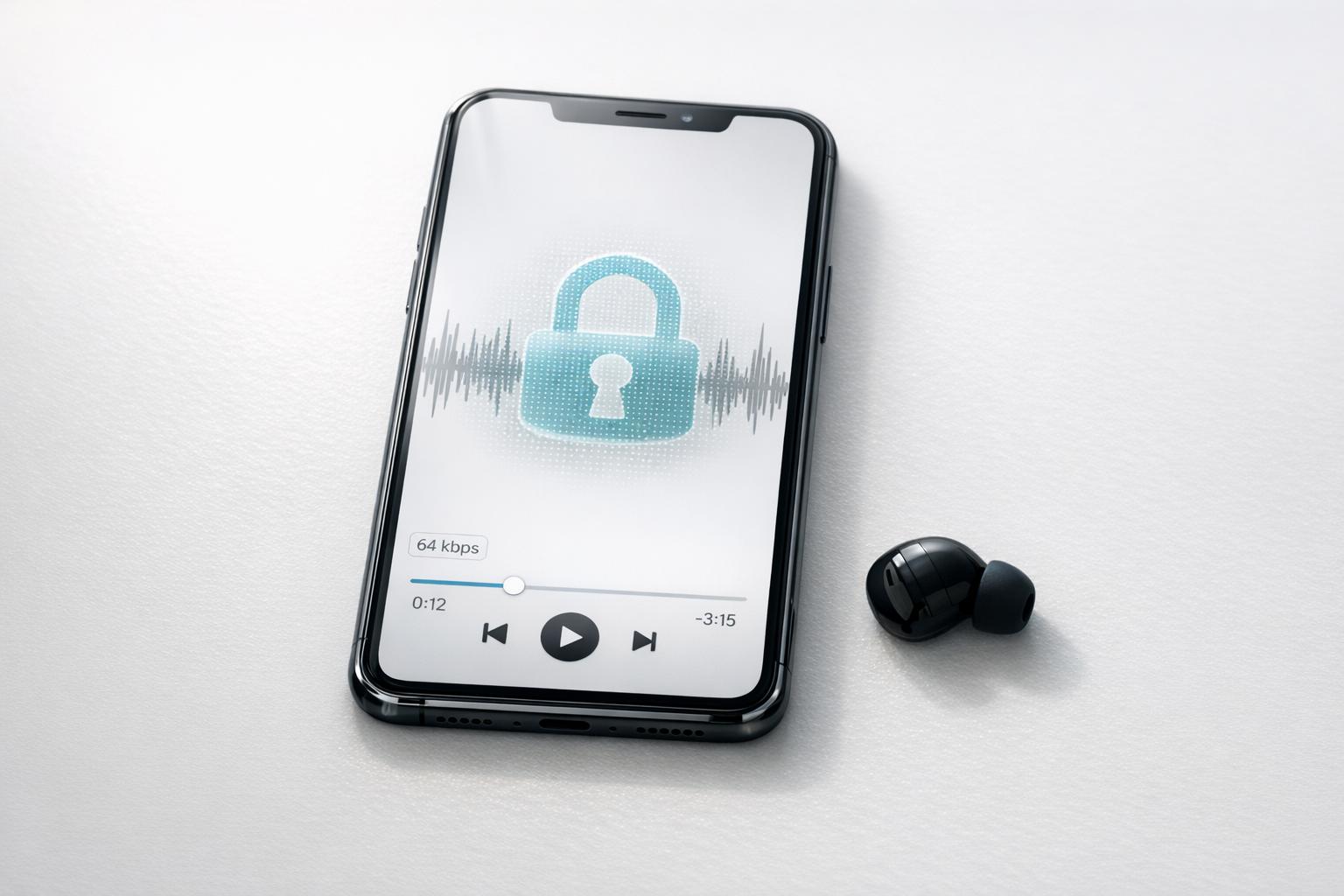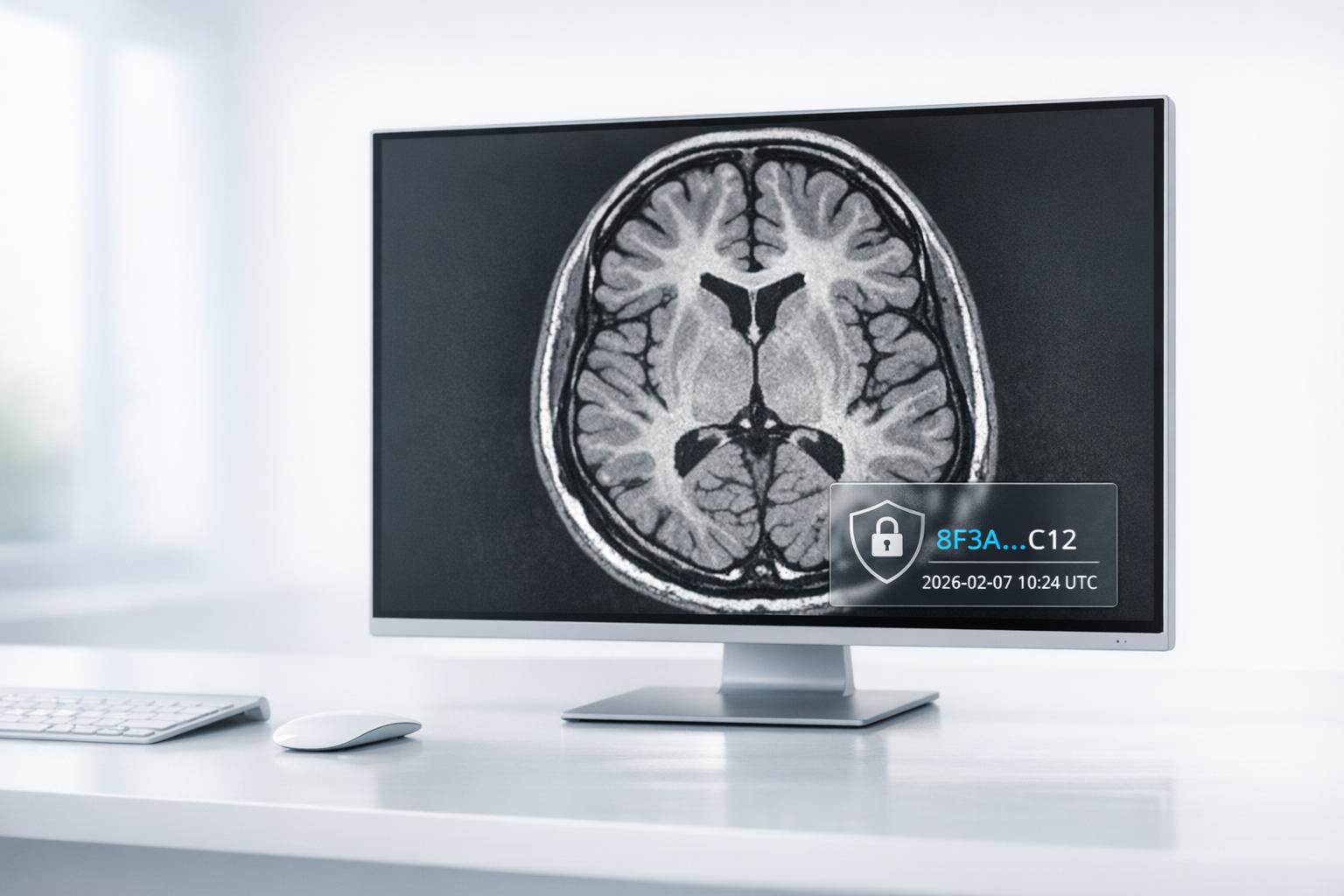Universal Music Group (UMG) has announced the resolution of its copyright infringement lawsuit against the AI music platform Udio. The lawsuit, filed in June 2024, alleged that Udio had used copyrighted songs to train its AI model without authorization. UMG, along with Sony Music and Warner Music Group, had initially targeted Udio and another AI music vendor, Suno, in the case.
New Collaboration Emerges
As part of the settlement, UMG revealed that it has entered into a new licensing agreement with Udio. The two companies plan to collaborate on a commercial music creation and streaming platform, which is slated for release next year. UMG stated that the agreement will create new revenue opportunities for its artists and songwriters.
UMG is also extending its reach in the generative AI space by partnering with Stability AI, a vendor known for its image generator as well as its Stable Audio models for music generation. This licensing deal further underscores UMG’s strategy to adapt to the growing influence of AI in creative domains.
Legal Pressure Mounts on AI Vendors
The Udio settlement highlights broader legal challenges facing AI companies accused of using copyrighted material without permission. Just days before UMG’s announcement, OpenAI suffered a setback when its motion to dismiss part of a copyright infringement lawsuit was denied. U.S. District Judge Sidney H. Stein in New York City rejected OpenAI‘s request to dismiss claims from a group of authors, including George R. R. Martin, who alleged that OpenAI had trained its models using pirated books and produced outputs similar to their original works.
"Both the UMG case and OpenAI cases demonstrate that these AI copyright lawsuits can result in dire consequences for either side and are also starting to tilt against the vendors", said Michael Bennett, a lawyer and associate vice chancellor for data science and AI strategy at the University of Illinois Chicago. Bennett remarked on the growing recognition that copyright law poses significant risks for companies training their AI models without proper authorization or compensation.
Choosing to Settle
The legal battles unfolding in the AI industry are forcing companies to weigh the financial risks of prolonged litigation. Bennett pointed to last month’s $1.5 billion settlement between Anthropic and a group of authors as a cautionary example. The authors had accused Anthropic’s Claude AI model of copyright infringement. Although the settlement was a substantial sum, it likely spared Anthropic a far larger financial liability if the case had gone to trial and resulted in a loss.
"That lesson is not lost on other companies", said Bennett. "Smaller companies like Udio would be destroyed by a negative ruling."
For Udio and UMG, the decision to transition from adversaries to partners reflects a pragmatic approach. "Once vendors and copyright owners settle a suit, they can also realize that they can profit by working together without the threat of litigation", Bennett explained. He added, "These corporations, it’s rational for them to be schizoids, to be of many minds when they go into these situations. It is a little strange on the surface, but it makes a lot of sense."
Implications for the Future
The denial of OpenAI’s motion and the Udio settlement signal a shift in the legal landscape where AI vendors are increasingly held accountable for their use of copyrighted material. Bennett noted that this momentum could lead to more settlements, though some cases may eventually make their way to the Supreme Court.
"There’s just too much uncertainty", Bennett said. "The potential downside for defense and defendants is too high, and then we’ve got this precedent now of copyright owners and corporations that control copyrights being able to bundle a new business venture alongside a settlement."
Despite the legal challenges, partnerships between copyright holders and AI companies could present new opportunities for creators. By working with AI vendors, content creators such as musicians and writers may find alternative revenue streams in an increasingly AI-driven world.
As legal battles continue to shape the relationship between AI and copyright law, organizations face important decisions. Bennett emphasized two clear options: those representing creators should seek retroactive compensation if infringement is suspected, while AI vendors must re-evaluate their use of content to avoid future disputes.

